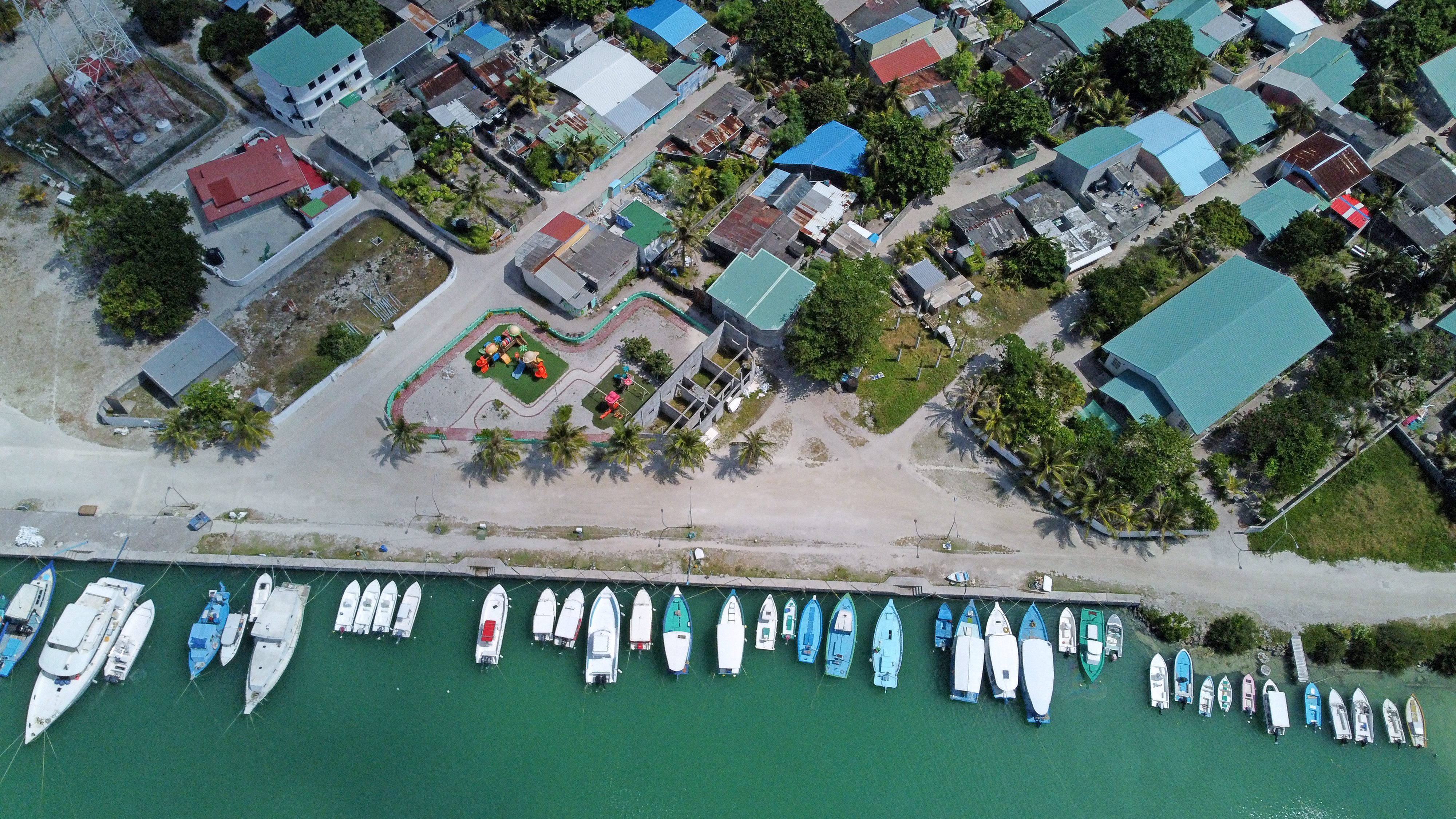Reimagining Tourism
Summary
This project aims to diversify the tourism offer in the Maldives by targeting the actors involved and ideal market of the guest house segment. It will leverage community-led conservation of natural ecosystems and cultural heritage as a novel tourism product to facilitate a bigger role for local councils in tourism planning. This will establish formal linkages in the tourism sector with traditional knowledge and livelihoods, leading to the creation of avenues for greater participation for women and youth.
This project will facilitate pathways and provide incentives for small and medium enterprises (i.e., guesthouses and other complimentary enterprises) to pursue and maximize social, economic and environmental benefits. This will be achieved through three outputs: focusing on integration of tourism development into island development planning processes; acceleration of digitization efforts within the guesthouse tourism segment, with a focus on enhancing access to information and marketing of local island tourism offers; and prototyping of sustainable business models for local tourism.
Background
As a tourism dependent country, the economy of the Maldives was severely affected due to the COVID-19 pandemic. With the complete shutdown of tourism for three months in 2020, forecasts by the Ministry of Finance anticipated a contraction in GDP in the range of -11.5 to -29.7 percent in a worst-case scenario for 2020. The Rapid Livelihood Assessment on the impact of the COVID-19 crisis in the Maldives reveals that the halt in tourism impacted the lives of tourism industry workers gravely and had a drastic spillover effect on construction, transport, wholesale, and retail businesses. Among the multiple segments of tourism impacted, guesthouses were especially hit hard.
Currently the guesthouse segment of 616 establishments is estimated to be worth MVR 2.2 billion by the end of 2019, which contributes an estimated 4% to the tertiary sector economic activity. The guesthouse segment is dominated by Small and Medium Enterprises (SMEs) with majority local ownership. According to a recent study by Guesthouse Association of Maldives (GAM) 36% of guesthouses are financed through personal loans and more than half through loan facilities. With the impact of COVID-19, guesthouses are expected to incur an aggregate loss of $28.9 million between April to September. This is a significant shock to the economies of the guesthouse dependent islands. GAM indicated that guest houses provide 80% of direct employment benefits to communities in which they operate. The SMEs in the islands provide complimentary services ranging from transport, recreation, logistics etc. to support these guesthouses.
The ongoing pandemic has exposed structural vulnerabilities in the tourism industry which affect both supply and demand factors. This, coupled with the country’s increasing exposure to climate change related risks, obligates the country to pivot the current trajectory of its tourism industry to a more sustainable one. This project aspires to contribute to the recovery of the Maldivian tourism industry, while using the opportunity to make it more resilient through investments to ensure sustainability and inclusivity.
Major Achievements
- Launching of the tourism website (islands.mv) to market local island tourism opportunities and services. It has given all 189 inhabited islands of the Maldives to freely market their tourism offer.
Project Outcome
This project aims to:
-
Build capacities and establish formal systems to integrate development of sustainable tourism into island planning efforts;
-
Enhance access to information and market local island tourism offers through support. In doing so, it digitally maps and markets the natural and cultural ecosystem of the Maldives as unique product offerings from guest house on the main marketing portal for Maldivian tourism;
-
Prototype sustainable business models for local tourism, including through the offer of regional and sub regional product offers, reskilling Maldivians for green/blue jobs in the industry, establishment cross sector value chains focusing on women entrepreneurs, and creation of sustainability standards for the guesthouse segment.
GESI Component:
- Re-skilling and training programme: this programme caters to localized training needs in particular for women and youth in Laamu Atoll. This programme provides equal opportunities for women to branch out to different sectors of work.
-
Business Incubator Programme: facilitates access to finance, banking services, and learning for entrepreneurs seeking to contribute to the tourism sector value chains- there is a focus on engaging women entrepreneurs. By facilitating and encouraging women to start their own business ventures, it increased the number of women entrepreneurs in Laamu Atoll.

 Locations
Locations